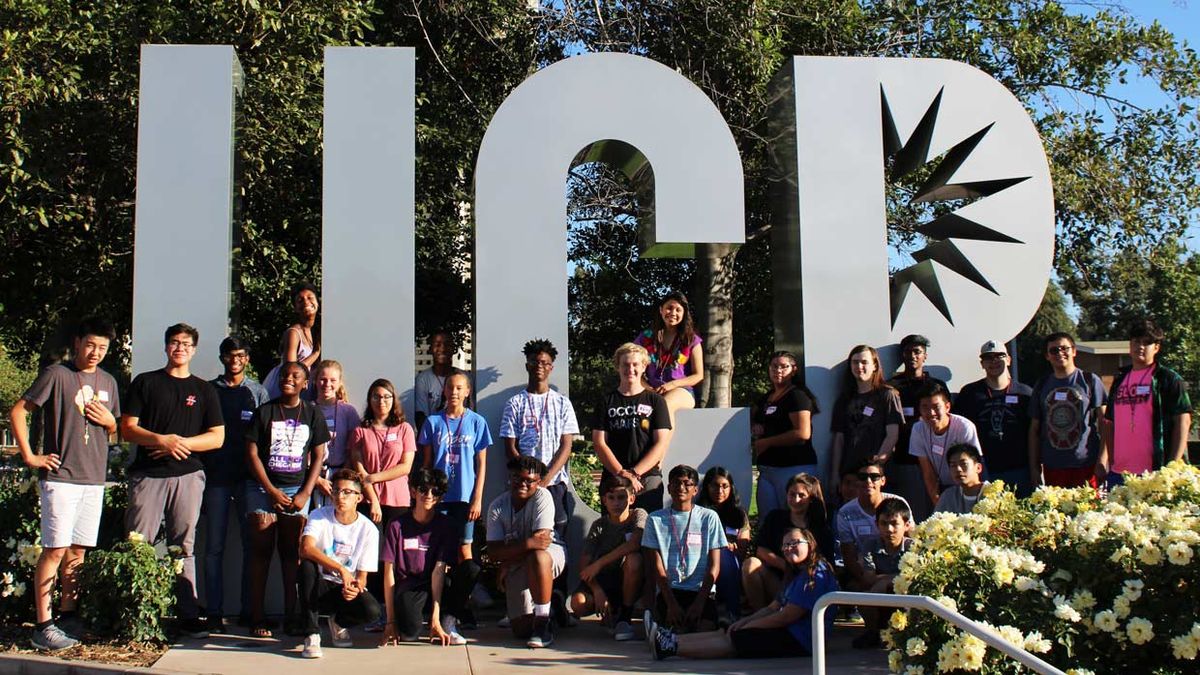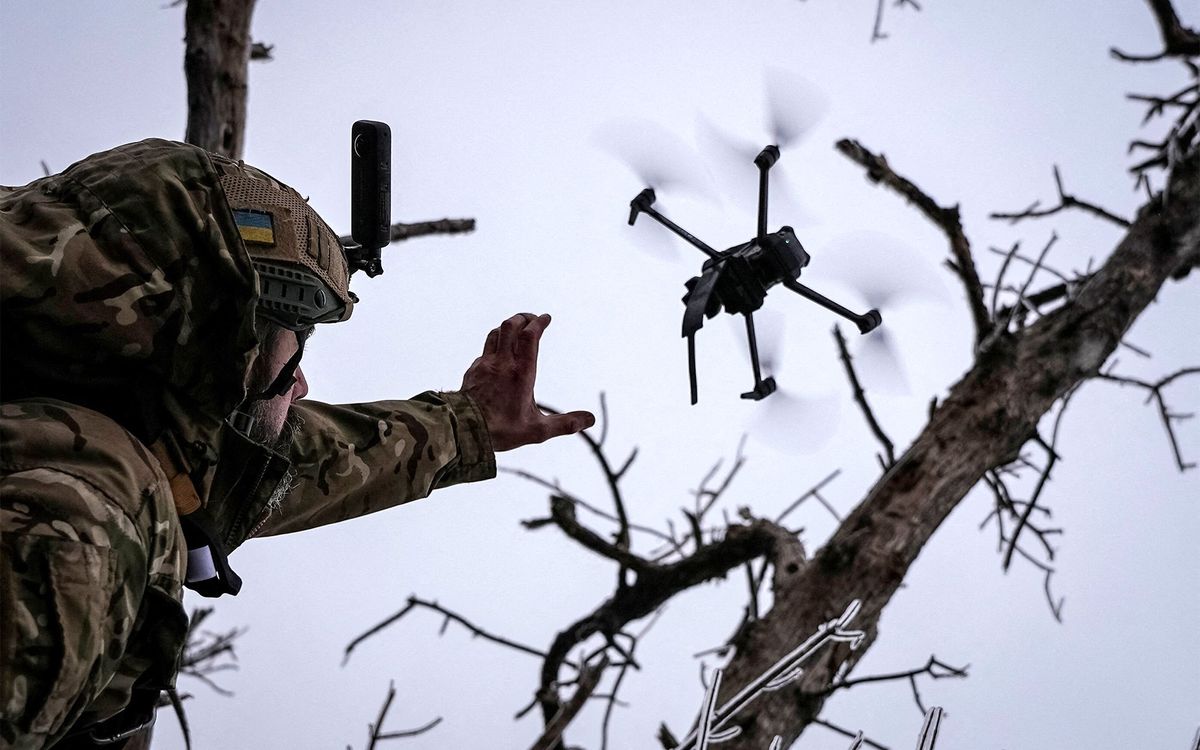THE INSTITUTE More than 150 teens from around the world spent two weeks this year experiencing what it’s like to be an engineer, thanks to the IEEE TryEngineering Summer Institute.
The program offers students an on-campus living experience while building teamwork and essential communication skills necessary for success as an engineer through hands-on activities and educational programs. It took place on three U.S. campuses: the University of California, Riverside; Texas A&M University, in College Station; and Vaughn College, in Flushing, N.Y.
Students ages 12 to 17—or those entering grades 8 through 12 as of September—are eligible to attend the two-week program. Registration is now open for next year’s enrollment.
The registration fee is US $3,495. Sign up by 31 December and save $200. Family and friends of IEEE members and employees are eligible for an additional $100 discount.
The TryEngineering Summer Institute sends students on an academic journey, building confidence and gaining knowledge, experience, and skills through five Cs: communication, collaboration, critical thinking, curiosity, and creativity.
COMMUNICATION
Students can improve their communication skills by interacting and working with other students and mentors on projects including electrical engineering design challenges. The goal is to encourage students to work together on solutions, and to feel comfortable reaching out to instructors to gain further understanding of engineering principles.
COLLABORATION
The curriculum encourages students to collaborate on assignments and activities to learn how to work with others. One assignment that encourages teamwork is the team design challenge, which groups together students on an assignment. They must identify a problem, design a solution, and create a prototype.
CRITICAL THINKING
Engineering principles are introduced and reinforced through hands-on work. They include design principles, expected outcomes, and the opportunity for students to discover what is possible. Students develop critical-thinking skills as they try to solve problems. In the process, they gain a better understanding of engineering technology.
CURIOSITY
Field trips and guest speakers help pique students’ curiosity about the world of engineering and technology. Students visit a location that is significant to the STEM world. This year they visited NASA’s Johnson Space Center, in Houston; a Con Edison power station in New York City; or Aerospace Corp., in El Segundo, Calif. Students also attend lectures given by working engineers.
CREATIVITY
Students discover the creative side of the profession by doing hands-on activities in class, using computer-aided design, 3D printers, and similar technologies.
FEEDBACK
Here’s what some people had to say about their experience this year:
“I enjoyed the summer institute because of the many new things I learned and the supportive people there. The lessons were fun, and I enjoyed learning about the many different disciplines of engineering and the lessons focused around the discipline of the day.”
—Attendee at the UC Riverside campus
“At first I was unsure about the summer institute because I did not know if I wanted to pursue an engineering career in the future. But then I learned that engineering is about developing solutions for the good of others, and that changed my outlook on the field. As time went on at the camp, I began to learn more about engineering, and my interest for it grew. I am still not sure if I want to be an engineer in the future, but it is definitely an option.”
—Attendee at Texas A&M campus
“I was impressed by the content, scope, and quality of delivery of the program within the short duration of two weeks. It helped my son’s understanding and appreciation for the field of engineering, and he had the opportunity to be exposed to lecturers, external mentors, and fellow students who participated in the program.”
—Parent
TUITION DETAILS
The 2020 TryEngineering Summer Institute is scheduled at the same U.S. institutions, and plans are underway to add a location in New England.
Residential program tuition includes all academic supplies and classes, a double-occupancy room in the residence hall, daily meals in a campus dining hall, a T-shirt, site visit and excursion expenses, and transportation to and from activities.
For those who live near a campus where the summer institute is held, there is a commuter option. The pricing for commuters is $2,295. The hours are Monday through Friday, 9 a.m. to 4:30 p.m.
A limited number of needs-based scholarships are available through the generous support of IEEE societies.
Johanna Perez is the digital marketing specialist for IEEE Educational Activities.



